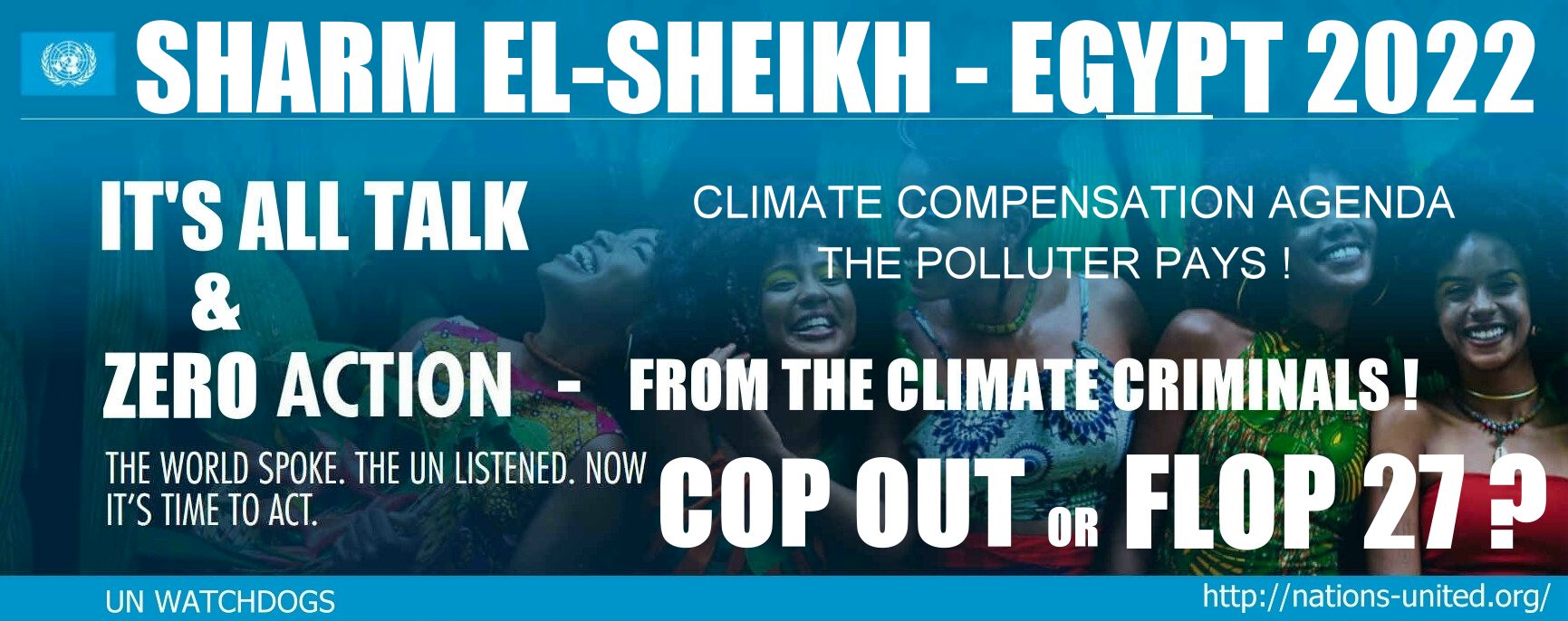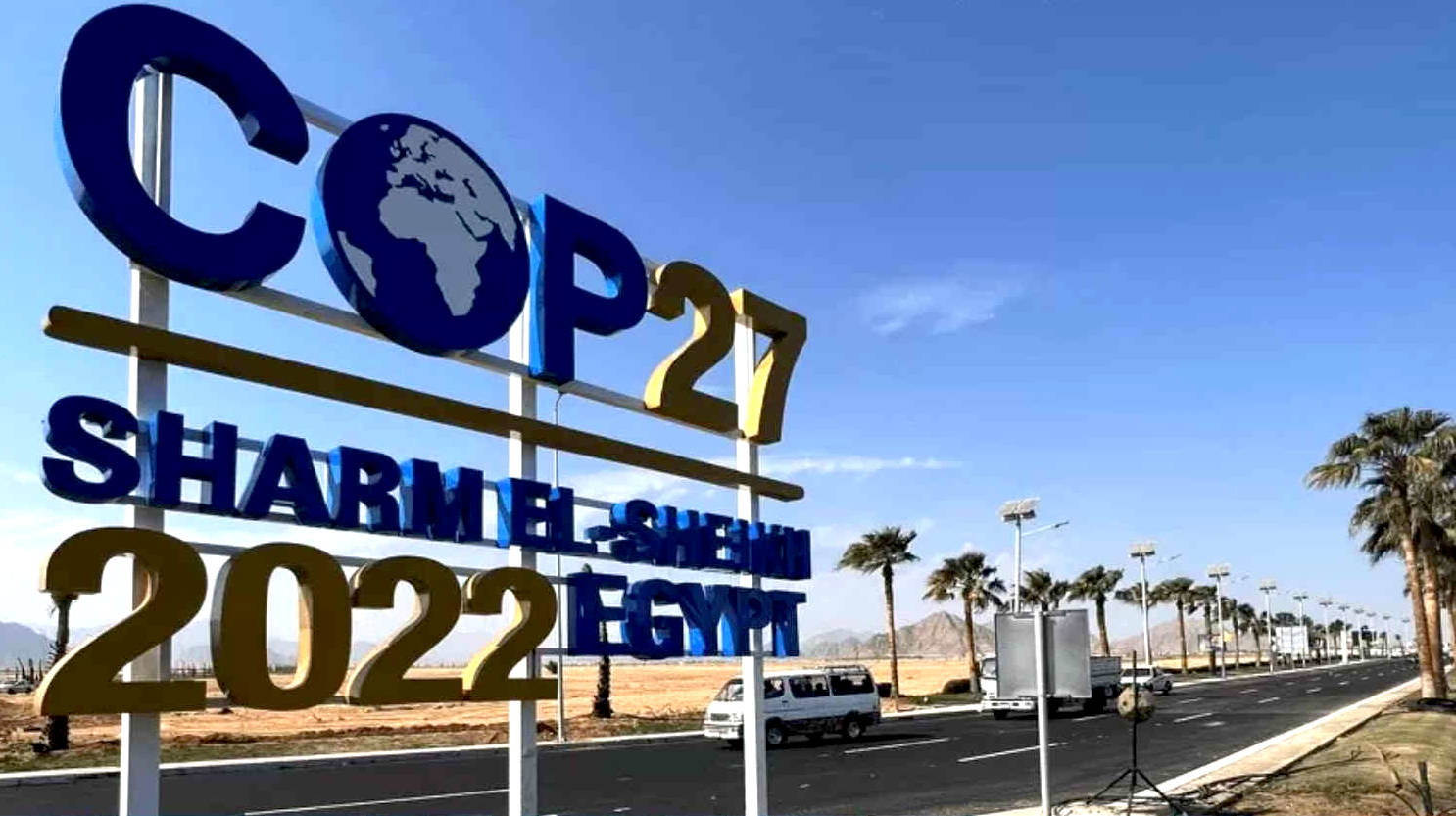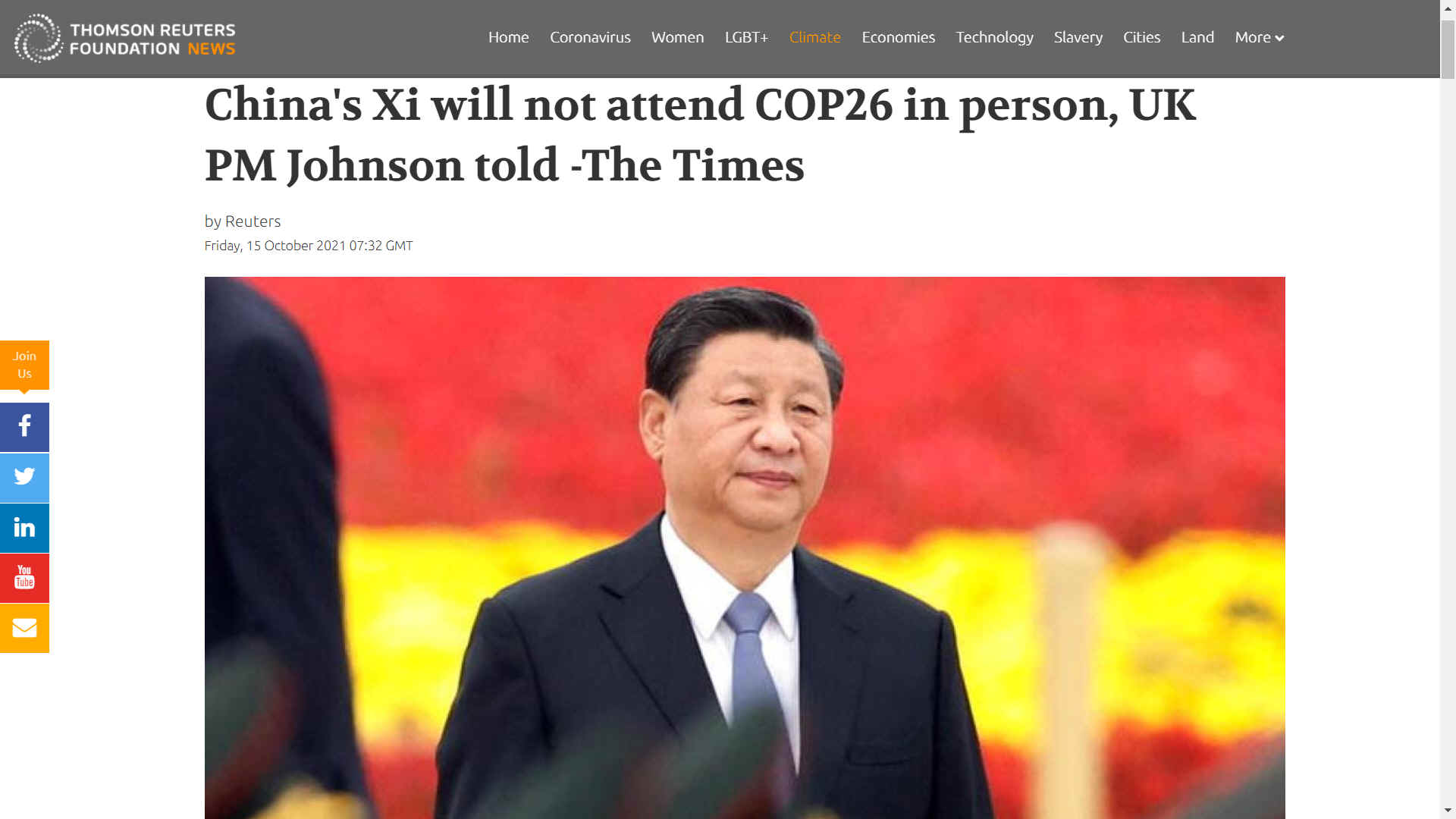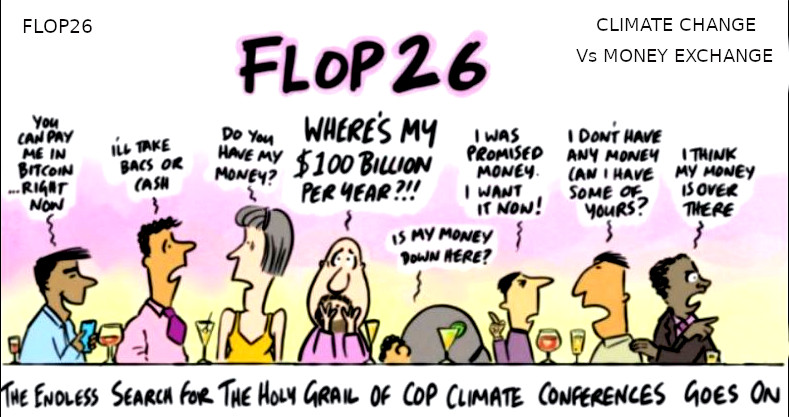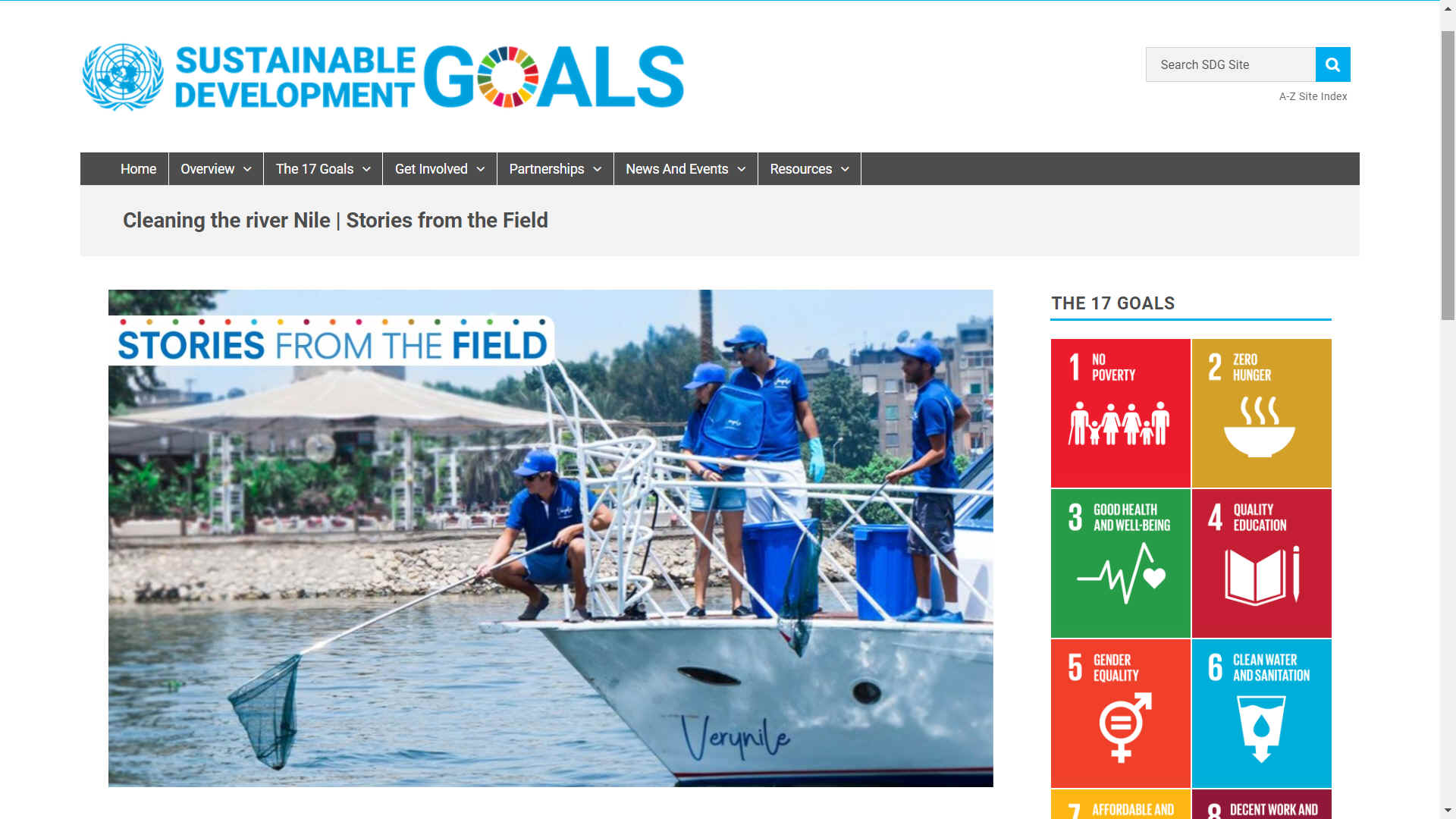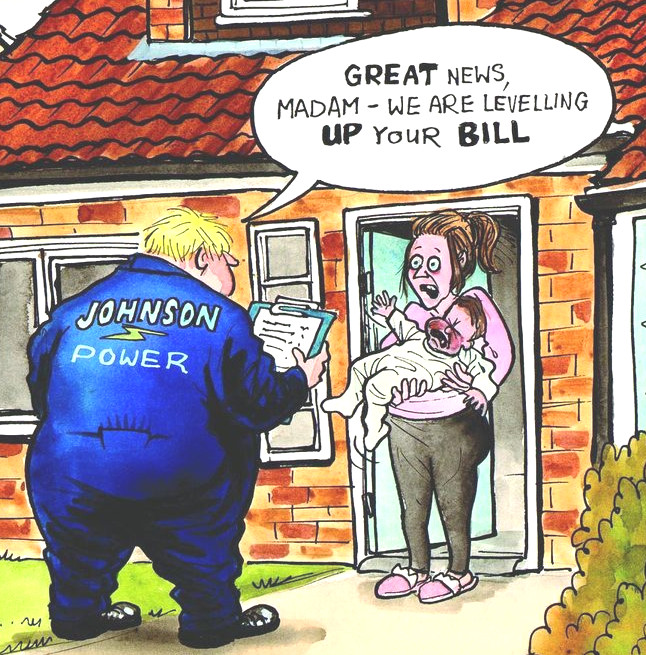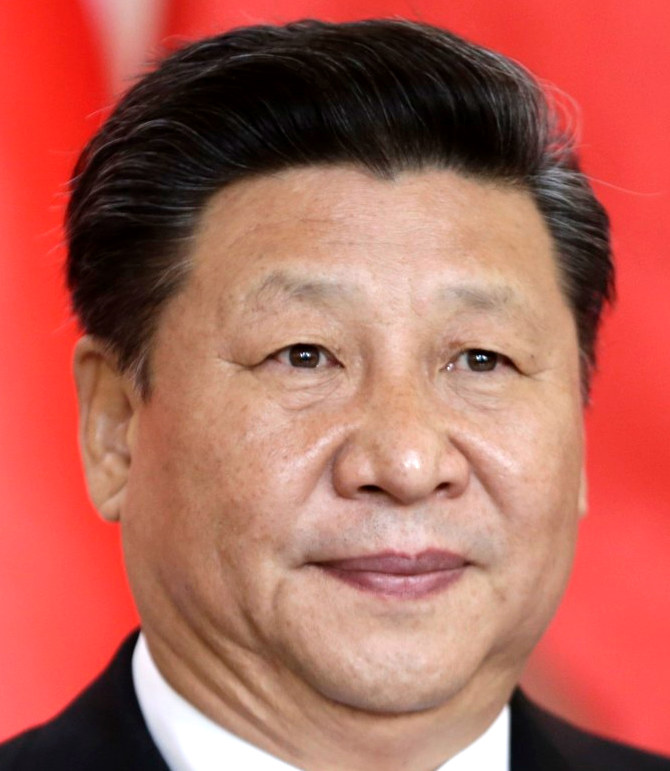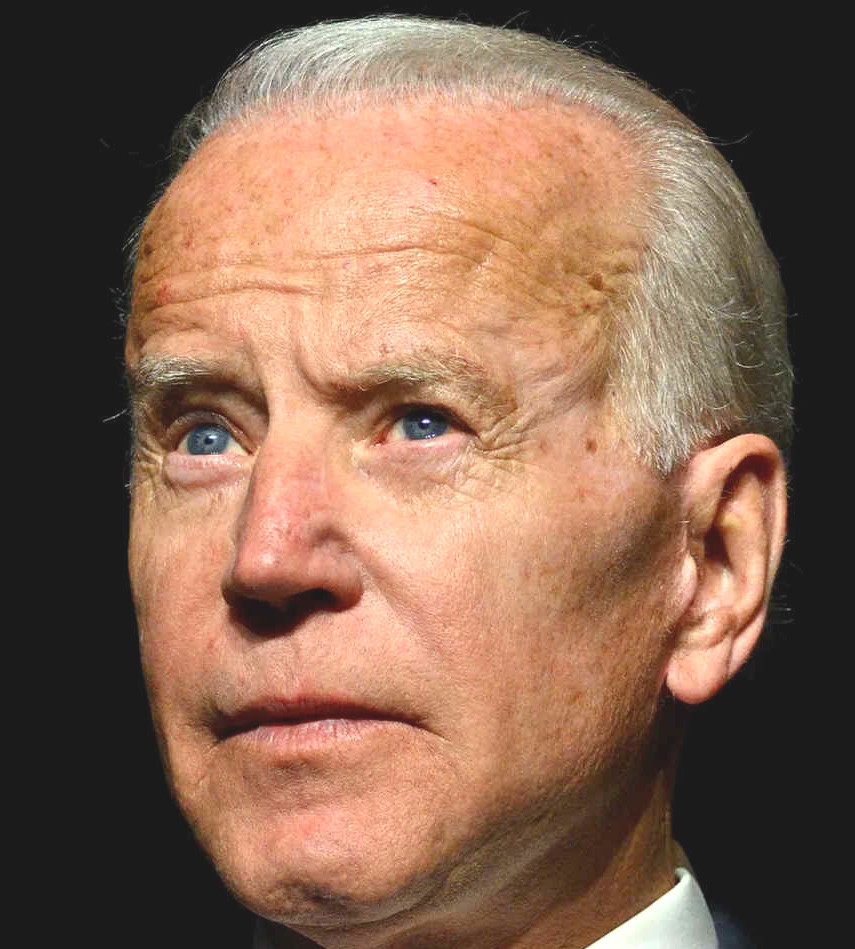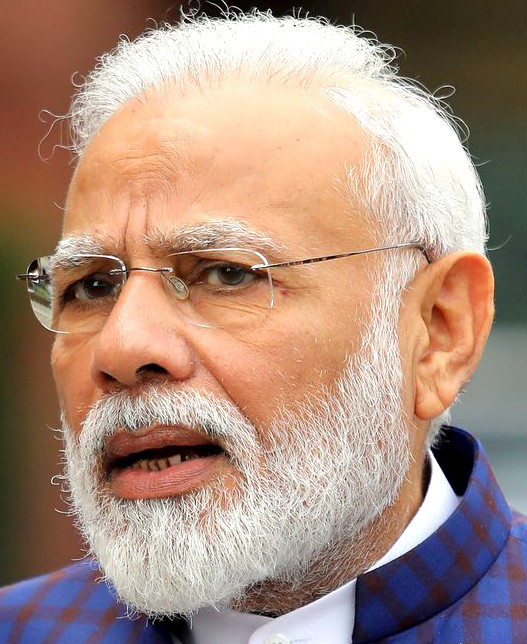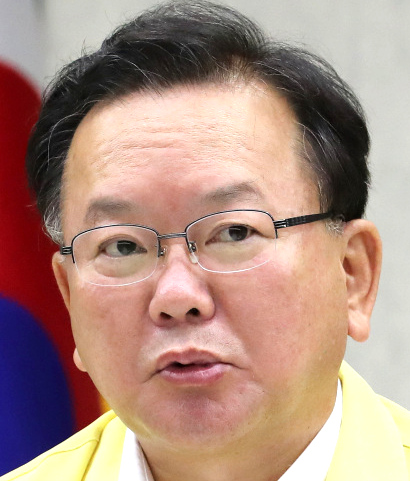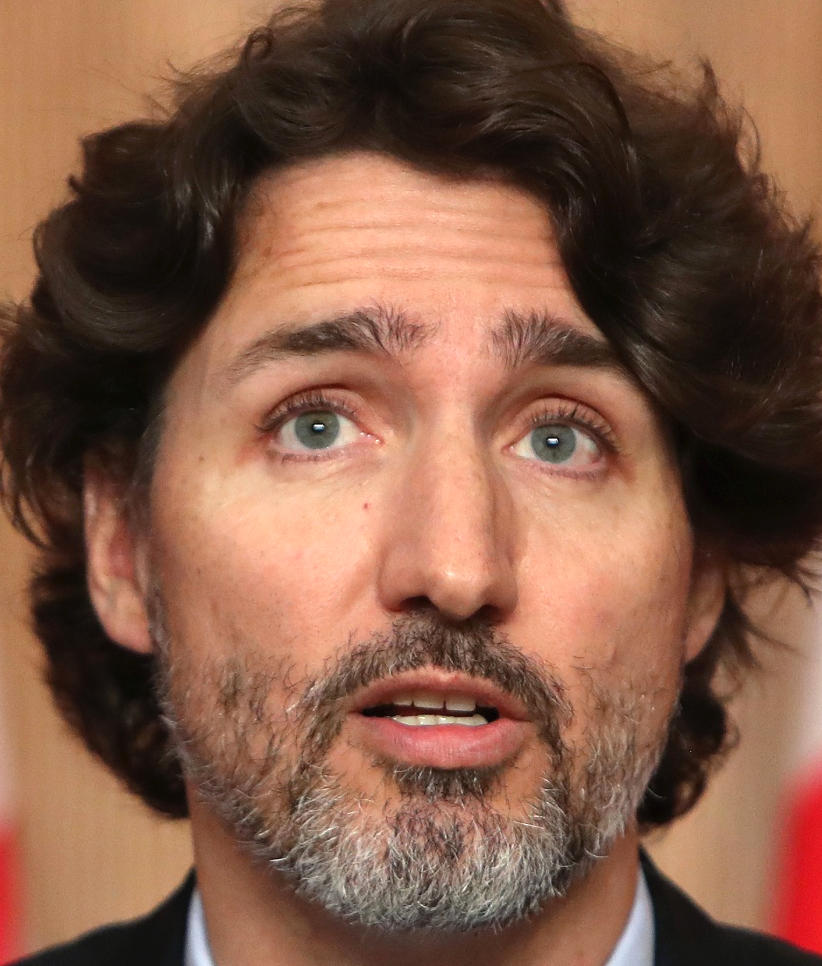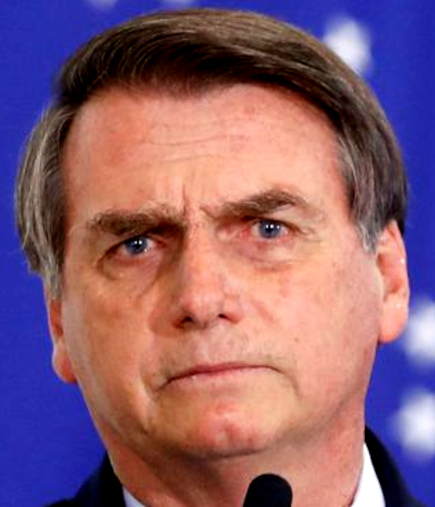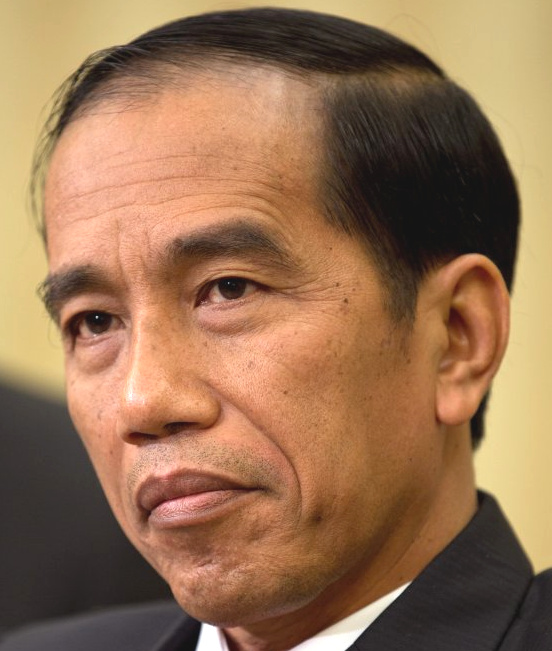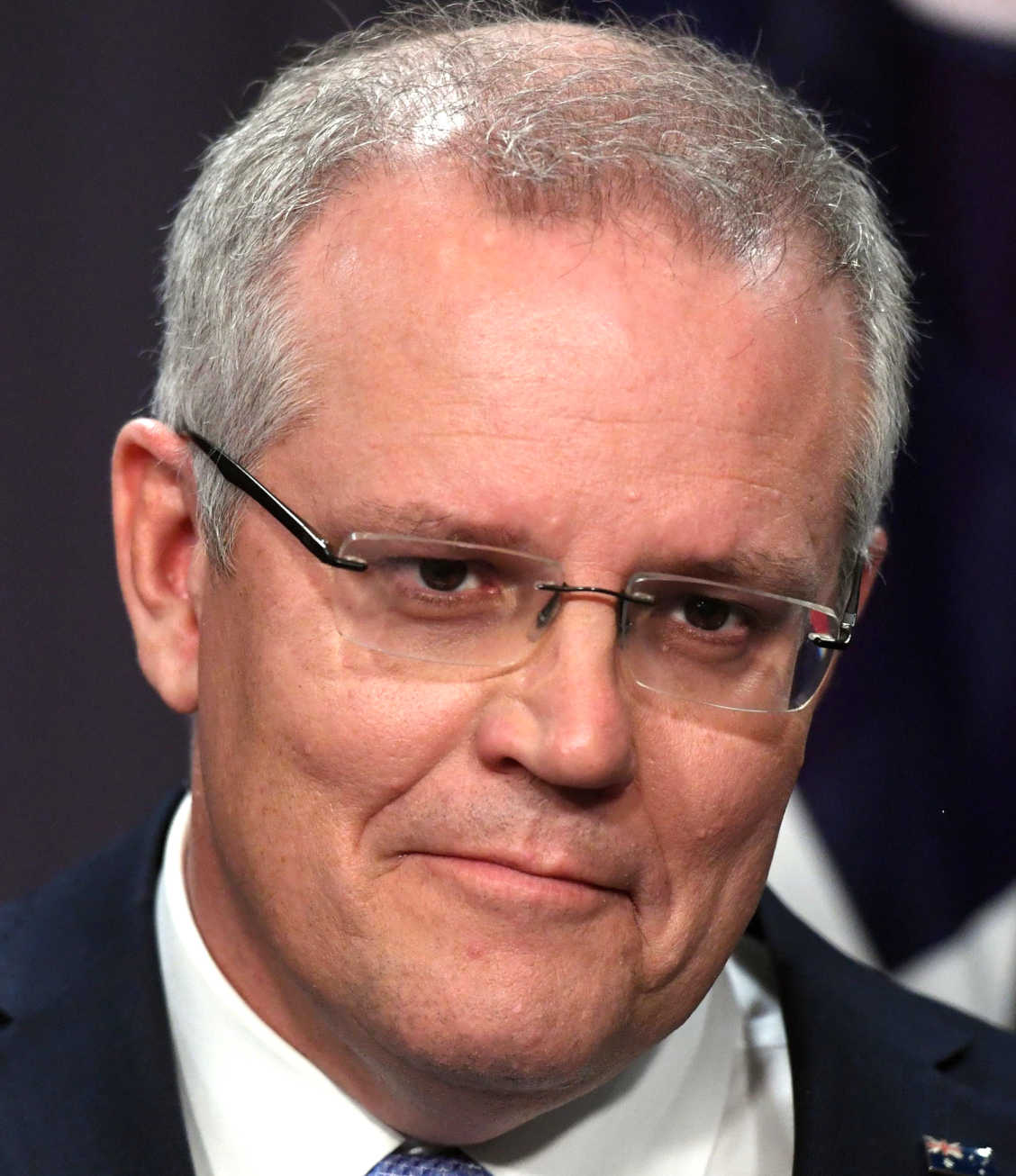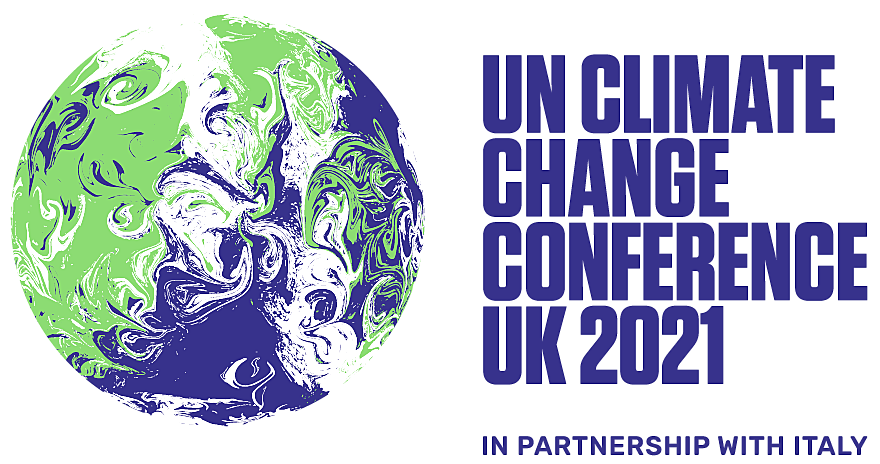|
COP (FLOP) 27 - UNITED NATIONS CLIMATE CHANGE CONFERENCE
Please use our A-Z INDEX to navigate this site, or our HOMEPAGE
|
|||||||||||||||||||||||||||||||||||||||||||||
The shock inclusion of Compensation, as part of the Agenda, may make this conference something special. In addition, green hydrogen is on the table, as Egypt announces it's intentions.
METRO 27 OCTOBER 2022 - CLIMATE PLEDGES NOWHERE NEAR ON TARGET
In November 2022, the Government of the Arab Republic of Egypt will host the 27th Conference of the Parties of the UNFCCC
(COP
27), with a view to building on previous successes and paving the way for future ambition to effectively tackle the global challenge of climate
warming. Probably in air conditioned halls, previously powered by oil
derived fuels.
The former Prince of Wales, now King Charles III, takes over from Her Majesty Queen Elizabeth II, who sadly passed away earlier this year at the age of 95, as the longest reigning English monarch. The British Royal Family have had a couple of very bad press years, stemming from the ongoing squabbles between Prince's Harry and William, to scandal over his brother, Prince Andrew's, association with Jeffrey Epstein, Ghislaine Maxwell, and financial settlement with Virginia Guiffre. To his commendation, this has not deterred the new King of the United Kingdom, from doing what he can to urge UN members to diminish their climate warming activities. Regardless of the location in old London town. That said, the UK's human rights record in reflected in the astonishing revelation that Articles 1 and 13 have been deliberately omitted from domestic legislation: HRA 1998. And that there is no right of appeal against a criminal conviction, doubling the jeopardy where in England Legal Aid has been cut so low that it is almost impossible to mount a full defence against a prosecution. Put that together with the Abrogation of the rights of the accused to a warning from a trial judge not to convict on the unsupported say so of a claimant, and the presumption of guilt in sex related cases, and the Article 6 (ECHR) right to be treated as innocent until proven guilty, goes out of the window. Not only that, but in one raid by the police force concerned, they stole privileged documents, undermining due process, this only coming to light where in another case, the same force adduced privileged document as part of the Crown Prosecution's case. Then asked the defendant's solicitors to delete that file to erase evidence of their crime. Surely, making the UK one of the worst human rights offenders in Europe. There is supposed to be a right of audience with the King, where no effective remedy exists for the ordinary man. But where Queen Elizabeth allowed Boris Johnson to lie to her about Parliament, and did nothing to prevent him from going on to mislead Parliament about parties at Downing Street during Covid19 lockdown, allegedly, and the function of the so-called 'Head of State,' of a Democratic Monarchy, calls to be scrutinized. Especially, where the UK has no written constitution. But judges, police and prosecutors, are rewarded with honours for towing the party line. This makes the allegedly poor HR record of President Abdel Fattah el-Sisi’s government, seem tame.
The annual conferences bring together those that signed the United Nations Framework Convention on Climate Change (UNFCCC) - an international environmental treaty addressing climate change - 30 years ago.
Alok
Sharma - President at COP26, Glasgow, Scotland
This is the first COP in Africa since COP22 was held in Morocco in 2016. It’s hoped that it will be an ‘African COP’ in focus as well as location as African countries face some of the worst impacts of climate change.
HUMAN RIGHTS ABUSES
Politicians promoting growth are somewhat behind the curve. We reached saturation point many years ago. The planet cannot sustain growth, even turbo charged with chemical fertilizers. Such agricultural practices, designed to boost harvests to feed the starving millions, creates deserts of agricultural land and washes nutrients into the sea, where it manifests as sargassum blooms - creating havoc for island economies.
The Egyptian government insisted on the use of renewable energy during
COP 27 and developed the systems needed to rationalize energy consumption in both Cairo and Sharm El-Sheikh airports, International Conference Center, as well as in hotels.
CONTACTS
Island nations are represented by Island Innovation, campaigning to get Ecocide recognised as a crime at an international level.
2021: COP 26, GLASGOW, SCOTLAND
In November 2021 we were hoping for big things from Bonny Scotland, but, and most unfortunately for planet earth, it all turned to mush with the climate Nasties (Nazis) refusing to act reasonably - as in agree to even 2050 targets. The biggest blow to progress at COP26 was probably the absence of Xi Jinping and Vladimir Putin. The biggest emitters of CO2 who refused to commit to binding targets - and we believe will continue to do so, until something is done that threatens to force them from positions of trust. Short of a revolution.
Then in 2022, Putin invaded the Ukraine, threatening nuclear war if NATO supplied arms to Ukraine. But, Europe, USA and UK, stood their ground, in the belief that democratic freedom is worth the complete destruction of Imperialist Russia, should such bully-boy tactics be employed. Even if it means taking major hits themselves. That would at least deter other nations with nuclear capability from hitting their red buttons. Though, China and India would probably become embroiled, also risking thermonuclear annihilation, as potential replacements to Soviet ambitions. All of this aggression funded by oil and gas sales. Triggering renewed interest in hydrogen and wind power, as sustainable energy and fuels, independent of those bartering fossil fuels to pay for munitions.
As a result, we can look forward to more climate chaos, energy shortages, rising prices and food insecurity. The good news, is that as supermarkets go bust, with no food on the shelves to sell, there is a huge protein store, in the human population. Politicians should be first on the menu, since they were responsible for failing to act in time - acting as climate cannibals, instead of being cool dudes.
FOOD SHORTAGES & STARVATION
In a return to survival of the fittest, it will be kill or be killed. So make sure you have a good supply of hunting weapons and home defence equipment. Having captured your prospective meals, we also suggest a good supply of sharp knives and hatchets, to be able to prepare your meals. And don't forget, that you and your family could become the next meal for your neighbors, if you fail to take precautions. We imagine Parish and District Councillors would be fair game as local politicians who helped to bring about the climate emergency, once the bigger wigs have been feasted on.
Argentina, Australia, Brazil, China, Russia and the US (Texas chainsaw massacre), have had their fair share of cannibals. And don't forget Sweeney Todd (the demon barber with a cut-throat razor) of 186 Fleet Street, London, who was a purveyor of human flesh, a key (and free) ingredient of Margery Lovett's much celebrated pork and veal meat pies, that were held to be delicious - and much sought after. Together, the couple butchered over 160 customers, between 1785 to 1802, estimated from the clothes found on the premises. It would be fair to assume that once agriculture, and the seas can no longer provide food for around nine billion hungry humans, that pork and veal pie shops might spring up in every city centre around the world, as fast food franchises, for human-burgers, while stocks last. Munch to the delight of Hannibal Lecter, renowned for having his old friends for dinner.
CHEAP IMPORTS - It's no longer a bowl of rice a day in China, they want western luxury, executive cars instead of cycles and rickshaws - and worst of all - military might. Billionaires abound, making financial slaves of workers chasing dreams of equality. Set against this developing scenario, why are so many big players having goods Made in China? Burning coal and oil is the opposite of carbon capture. China could be a clean nation if it operated on green hydrogen. Many of their cars and buses are electric.
PEKING MAN - Was a hunter who had discovered fire, tools, and there was evidence of cannibalism in the group. Newly aimed at devouring the resources of foreign soil, to feed domination aspirations.
Eighty years ago in September 1941, Hu Chengzhi placed several skulls into two wooden crates. China was at war with Japan, so he was sending the skulls to the US for safekeeping. They never arrived. Hu was among the last people to see one of the most important palaeontological finds in history.
These lost skulls belonged to Homo erectus pekinensis, known as Peking Man. More than half a century later, evolutionary biologists would love to get their hands on these fossils: not only would they help answer questions about early cannibalism among our ancestors, they could even shed light on the origins of spoken language.
The owners of the skulls died at least half a million years ago, and their remains were preserved in Zhoukoudian cave near Beijing, before being unearthed in the 1920s.
Modern archaeological analyses at a number of sites around the
world - North American Indians, European Neanderthals, and many
others - now show unambiguously that ancient Homo sapiens or their ancestors killed, cooked, and ate members of their own
species. The reality of cannibalism is now widely accepted. Ethnographic reports of cannibalism from Polynesia and New Guinea are considered the most reliable, and they indicate a high degree of ritual associated with historical cannibalism, which is imbued with much symbolic meaning. On the other hand there is survival cannibalism, historically well documented and an undisputed reality for people.
Indeed, the Pilgrim Founding Fathers, resorted to eating one another,
until friendly native Americans showed them how to grow corn and fish,
leading to the Thanksgiving ceremony. Clearly then, when the food runs
out, we will resort to eating one another out of necessity. It is scientific fact.
Human flesh tastes like pork and veal. According to accounts of the
famous barber of Fleet Street; Sweeny Todd, who supplied humans as the
main ingredient to delicious meat pies.
Planet earth can only produce so much food and other produce, hence support so many people. In our view the agricultural food limitation (security) should be the recognised Standard for all Member Nations to abide by, as a basic rule. To be established as soon as possible as a currency limitation to be imposed on banks. Using coal to accelerate a developing economy, will give us a population that renewables cannot sustain - so starvation of millions - as in Africa. Where for some reason, they procreate instead of educate. This wastes resources. It is better to have one child you can feed, than three who will all die, in seeking to share that which can only sustain one new life.
ANNUL THE PARIS AGREEMENT & CREATE A CLIMATE CURTAIN
The West* could help Australia, China and Argentina meat their climate obligations by tearing up the Paris Agreement, where coal use by fossil fuel offenders makes it impossible to reach an equitable arrangement, placing unrealistic burdens on tax paying citizens in developed nations.
The West should strive to become self-sufficient in terms of energy, food produce, consumer goods and vehicles. They should pull in their belts and start farming and making things for themselves, aiming for a vegetable based diet (for those willing to sacrifice meat). In other words, working for a living and becoming mostly vegetarian by choice - through education. Leave the developing nations to their own devices. They will soon run out of export steam, being unable to adapt, they will become the victim of their own avarice as did the Aztecs, Incas, and Egyptians. For example, Australia could suffer bushfire intensification, until their coal markets fry up.
The West should not allow any imports from any of the delinquent developing nations and no exports of know-how or entertainments, such as films or music to such countries, who will abuse such rights (copyright theft) in retaliation for other sanctions. Currencies should be limited to those sanctioned by Western states, with a link to real GDP - reduced - as a blocker to unsustainable development. Educational students from behind the Climate Curtain should not be allowed access to universities in the energy enlightened zero carbon world.
Tourism must cease. The West should constrain itself to only allow travel to countries that are committed to renewables, using zero emission transport. Holidays to Australia, Argentina, Brazil, Russia and China should cease, to prevent extra electricity being generated from coal - that would be the result of travelers visiting and staying in those countries.
Climate delinquent nations might be expelled from the United Nations, if dirty policies remain in force. We should of course use diplomacy to seek to persuade fossil fuel delinquents to lower their CO2 bars, and join clean nations voluntarily.
The West should invest in fireproof buildings and other high temperature adaptations as climate hardening, and safeguard fisheries and other agricultural produce, such that it may not be degraded or commandeered by developing nations. This includes sourcing spices and beverage ingredients from countries with impeccable energy credentials (Eco Passports).
The West should prepare itself for the ensuing commercial and combative World War Three scenarios, using drones, and robots in place of humans in the field. Robotic and satellite development should become a high priority for manufacturing and defence monitoring, including marine and aerial operations. Nuclear weapons should be a last resort, but cannot be ruled out as tensions build behind the Climate (bamboo) Curtain. Hence, anti-nuclear missile defenses should be developed to neutralize such threat as they leave their launch platforms - with especial reference to and perpetual monitoring of submarine mobile platforms as they stray into sensitive areas.
The net result will be a world divided by a political Climate Curtain, monitored 24/7 by instant response triggers.
* A definition of "West," means developed nations who are or will not be independent of oil or coal for energy within a reasonable timeframe. Who have been reliant on imports from developing nations, without those developing nations making appropriate changes to combat climate change. Hence, in importing goods from such nations, the developed nations have themselves been fueling economies that are pouring CO2 and methane into the atmosphere. PET from China is another example of trade that should cease.
CLIMATE BLACKMAIL
The developing nations know that the West is weak. The West would rather pay what is in effect blackmail money to continue to enjoy a luxury lifestyle. The weakness is that politicians know if they implement a Climate Curtain (something like the above), that they will not be re-elected. Policies will always pander to party contributors and what the candidates know they can sell at election time.
The alternative is to go to war to save the planet from bribery and climate corruption. Not nuclear war, conventional war, but fought with robots and drones. Attacking one climate corrupt country at a time, until the others capitulate. Should any target decide to launch a nuclear counter attack, that is when the World War Three prevention scenario might kick in.
The ideal would be to target the soft nations first, such as Argentina and Brazil, working up to Australia, China and Russia. The UK having done a deal with Australia to supply nuclear submarines, is therefore climate lunacy. Unless, the kangaroo state stops exporting/using coal as part of the deal.
BLACKMAIL -
In effect the developing nations are
blackmailing the developed nations. If you don't pay us not to use coal
(the black stuff) we'll not only keep on using it, but increase our
usage.
SIX (SUGGESTED) STEPS TOWARD A COOLER PLANET - FOR ENLIGHTENED NATIONS
1. TRANSPORT: Phase out polluting vehicles. Governments aim to end the sale of new petrol, and diesel vehicles by 2040 but have no infrastructure plan to support such ambition. Such infrastructure should exceed the performance of fossil fuel filling stations, prolong EV battery life and provide power grids with a measure of load leveling. Any such system should seek to obviate the provision of millions of fast charge points to include fuel cell cars, where implementation could otherwise prove to be a logistical nightmare. This may involve international agreement as to energy storage format and statute to steer OEM vehicle makers to collaborate as to future proofing, to include green hydrogen.
Marine transport can be carbon neutral given the right policy incentives, with phased transition in specific stages such as not to unduly penalize present investment in LNG shipping and other recent MARPOL compliant IC powered vessels. Future cargo vessel should be at least in part powered by renewable solar and/or wind energy, on the road to zero carbon, making allowances for technology catch-up. A scrappage scheme might encourage fleet operators to accelerate shipping upgrades, and a fund for radical innovation that would not otherwise qualify under in-situ programmes (such as Horizon Europe) might be introduced - with fast-track, reduced, form-filling and open-loop decision making, such that applications may be tweaked rather than struck out.
Air travel powered by kerosene should attract hefty mitigation offset, where low carbon alternatives should be encouraged such as electric air transport.
2. RENEWABLES: Renewable energy should replace carbon-based fuels (coal, oil and gas) in our electricity for homes, factories, heating and transport. Coal and nuclear power plants should be phased out.
3. HOUSING: On site micro or macro generation is the best option, starting with new build homes that are both affordable and sustainable by design to replace crumbling housing stocks. Encourage building in timber to provide carbon lock from a renewable natural resource. Planning policies should be updated to outlaw unsustainable development, with harsh financial penalties for kleptocratic local authorities, especially those with a history of corrupt practices (from historic similar fact evidence files).
4. AGRICULTURE: We need to grow more trees to absorb carbon emissions from a growing population, unregulated/unrestricted air travel. New homes should be timber where practical as a priority. We should promote reductions in food waste and the eating of foods that use less energy to produce. Educate children on these matters in schools and via campaigns such as no meat Mondays, should be part of ordinary study. Polluted fish from fisheries, might be replaced with fish farmed by aquaculture inland, rather than risk carcinogens from our seas.
5. INDUSTRY: Factories should be aiming for solar heating and onsite renewable energy generation. EV parking and even service facilities should be part of new industrial estates as part of any building permissions - with subsidies or tax reductions as incentives to property developers.
6. POLITICS: - National governing bodies need to adopt rules to eliminate administrative wastages, to include scaling down spending on (showboat) war machines, increasing spend on educating the public and supporting sustainable social policies that mesh with other cultures. This includes fostering policies and making funds available to close links in the technology chain to make up for lost time. Kleptocratic empire building must cease in the search for natural equilibrium.
THE PARIS ACCORD - REMINDER
At COP 21 in Paris, on 12 December 2015, Parties to the UNFCCC reached a landmark agreement to combat climate change and to accelerate and intensify the actions and investments needed for a sustainable low carbon future. The Paris Agreement builds upon the Convention and – for the first time – brings all nations into a common cause to undertake ambitious efforts to combat climate change and adapt to its effects, with enhanced support to assist developing countries to do so. As such, it charts a new course in the global climate effort.
TOO SLOW BOJO, ALL TALK - Boris Johnson's Government were too slow to introduce policies and tax breaks to gird the loins of the energy industry and farming communities to combat global warming. His cabinet kept a small area of London fed for a short while. Then he got the order of the boot. Heralding Liz Truss, who showed the UK electorate that she did not have a clue as to economic recovery in a cost of living crisis, engineered by the Conservatives over 15 years of corrupt policy and climate mismanagement. Forty-four days later, Rishi Sunak got in the saddle, blazing a Crypto-Currency trail, to promote money based on even less than the false promise on a One Pound Note: "to pay the bearer on demand." Money that is not underwritten by gold, food, or energy, is worthless. Banks want to sell money and get rich, while they sit back and enjoy the efforts of your labours, watching you toil. knowing full well that their money will be worth much less in subsequent years. It is called financial slavery. Saving using paper money, digitally or otherwise, is pointless. We need a return to barter based on gold, silver, food or energy (tokens), to break the hold non-productive leaches have on society. A credit rating is a lure to make you think that loans are normal. But borrowing is a disease promoted, to enslave you.
COP FLOP DIRTY DOZEN - IN ORDER OF CO2, METHANE AND COAL FIRED INSANITY
1995 COP
1,
BERLIN, GERMANY
2020 COP 26/CMP 16/CMA 5, Glasgow, Scotland 2021 COP 26/ Glasgow, Scotland 1-12 November 2022 COP 27/ Sharm El-Sheikh, Egypt, 6-18 November 2023 COP 28/ Expo City, Dubai, UAE, 30 Nov - 12 Dec 2024 COP 29/ Absheron, Baku, Azerbaijan 11 - 24 November
DESERTIFICATION COP HISTORY
BIODIVERSITY COP HISTORY
CONTACTS
Floor 3 http://www.climateactionprogramme.org
|
|||||||||||||||||||||||||||||||||||||||||||||
|
|||||||||||||||||||||||||||||||||||||||||||||
|
|
|||||||||||||||||||||||||||||||||||||||||||||
|
Please use our A-Z INDEX to navigate this site, or our HOMEPAGE
|
|||||||||||||||||||||||||||||||||||||||||||||
|
This website is Copyright © 2024 Climate Change Trust & Injustice Alliance The views, performance reviews and opinions of the Trust are protected by Articles 18 and 19 of the Universal Declaration of Human Rights.
|
